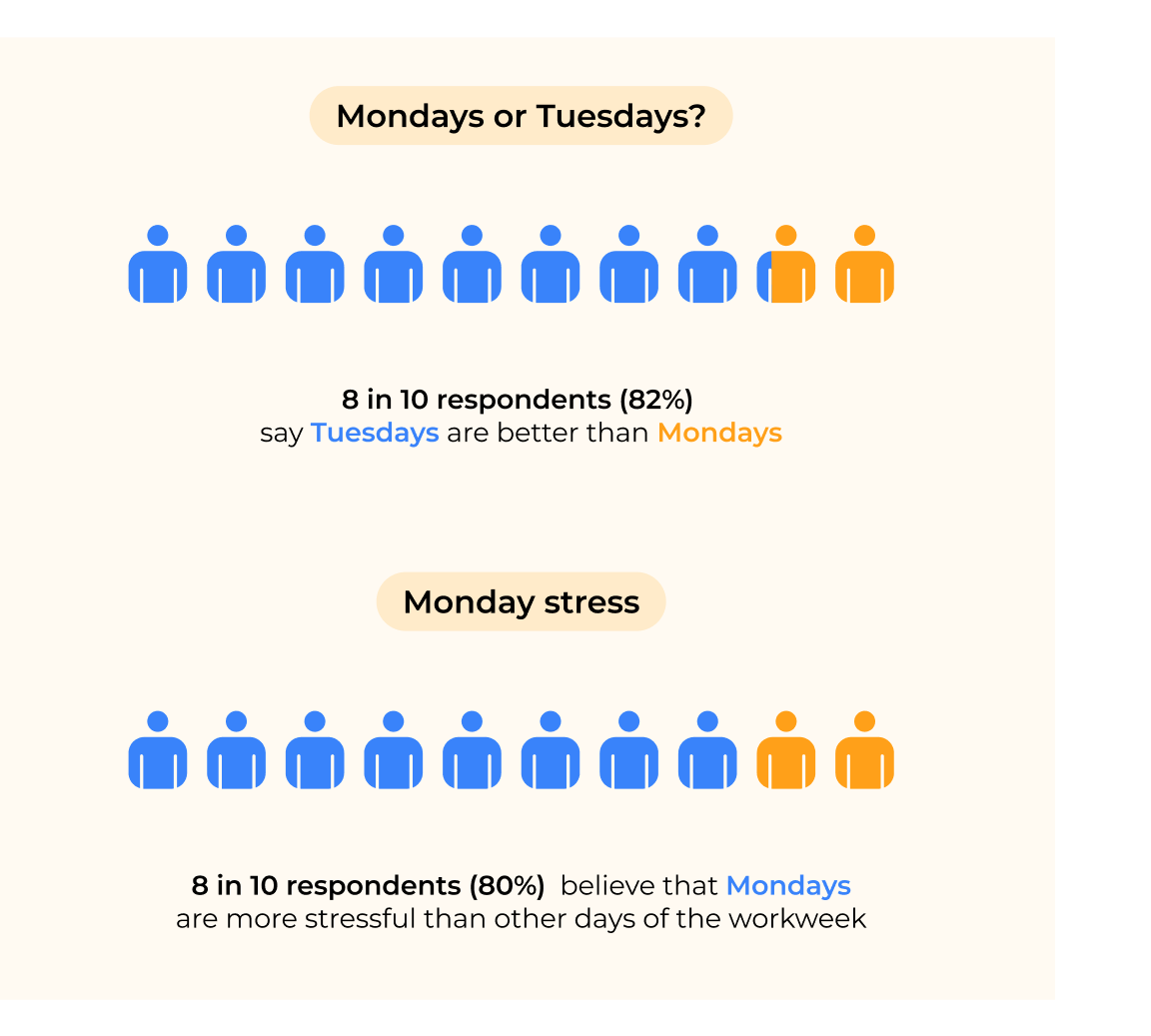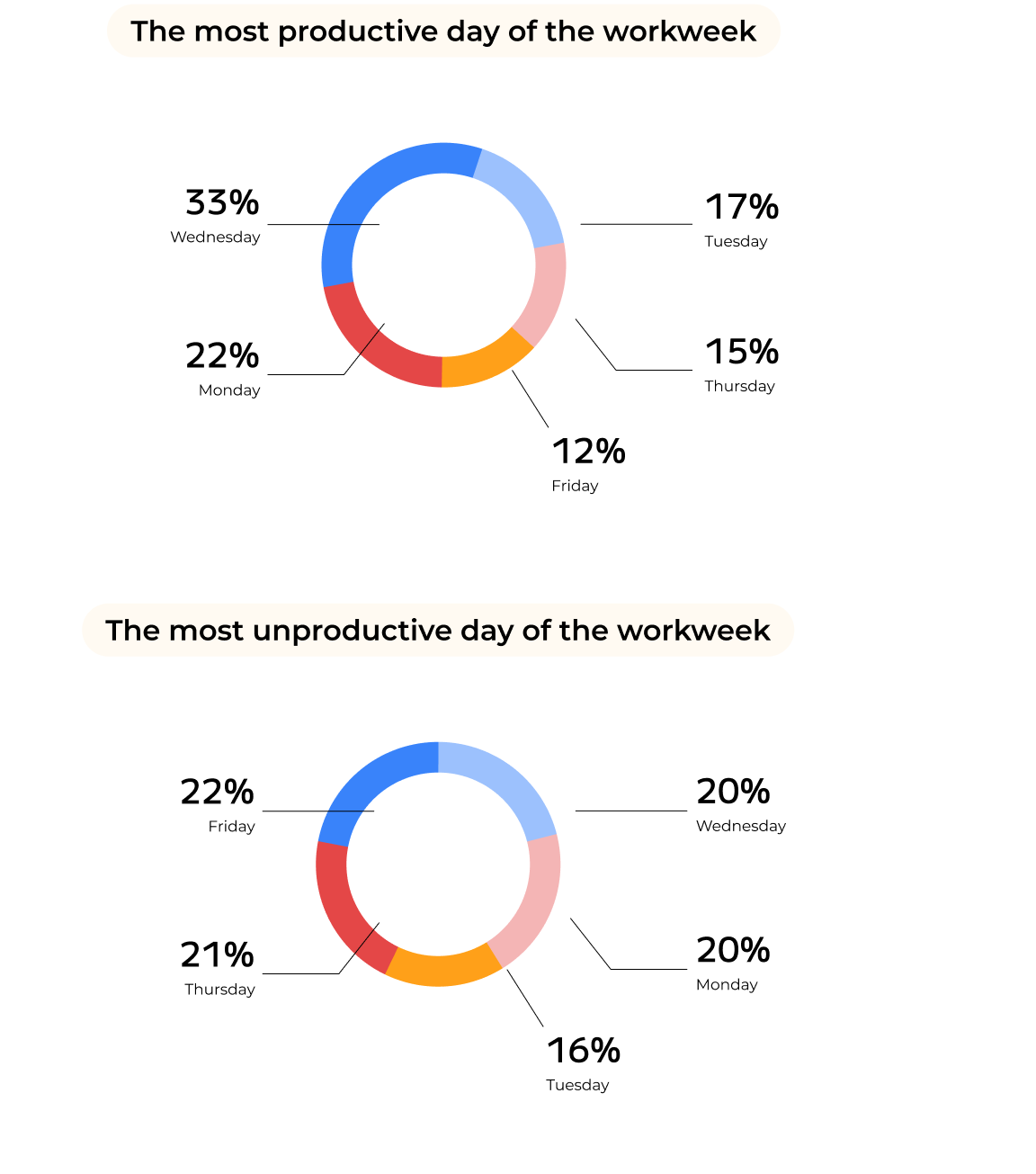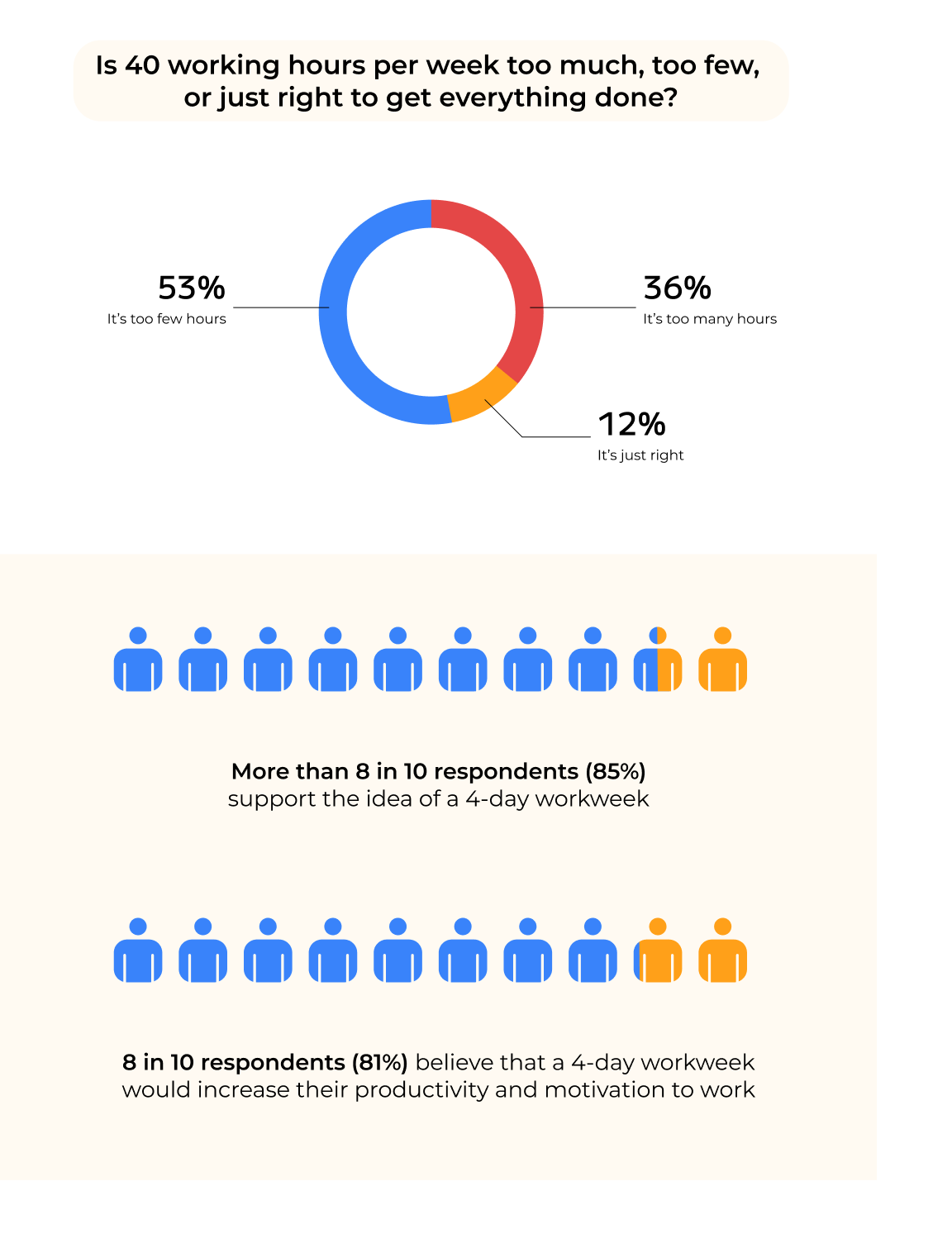
It's just another manic Monday… I wish it was Sunday

While Monday might be the most “disliked day” of the week for employees – it’s not the “worst day”, according to a new report. Research compiled by platform Zety found that the majority of employees Wednesdays is the worst - mainly because of increasingly heavy workloads and failures from the previous days.
But, for sheer anxiety and burnout, there’s no beating a Monday.
The study found that, for 81% of employees, Mondays are the most stressful day of the week – with 70% of employees admitting they suffer with the Sunday scaries. So, why do employees hate Mondays so much? And should HR leaders be worried about it?
“For most people, Monday equals the end of the weekend and the start of a new work week,” Magda Klimkiewicz, senior HR business partner at Zety, tells HRD. “This transition from a more relaxed routine to the demands and stresses of work obligations can be difficult. It often also means a drastic shift in sleeping patterns, causing fatigue or other physical and mental symptoms.
“I believe that this transition is what makes Mondays so stressful. The hatred people feel is therefore rooted in the emotional and psychological challenges of adjusting to the new week rather than any inherent qualities of the day itself. It can sometimes also simply be an indication of people not liking their own jobs.”

While Zety’s data is nothing new, and Mondays are often thought of as the most hated day, for employers it paints a worrying productivity picture. If employees are as down as they claim to be at the start of the week, how is his impacting overall output? Are workers struggling to keep their heads above water? Or is this negativity actually spurring on determination?
“The negative feelings associated with Mondays can potentially affect productivity,” says Klimkiewicz. “If people feel unmotivated, tired, or stressed, they may struggle to focus on work and complete their tasks efficiently. However, as our study shows, when it comes to peak productivity, Monday was the second most voted-for day of the week.
“Despite the general dislike of the idea of coming back to work, people typically feel the most productive and motivated to get things done at the start of the week.”

As for the least productive day, Fridays are seen as a collectively “lazy day”, with 23% of workers saying it’s their favourite day. This also chimes with the data around working hours and four-day weeks.
Despite 85% of respondents agreeing with the idea of a four-day workweek, employees generally feel that it's not enough to get things done at work. Forty-nine percent of employees agree that five working days, at seven hours each, is the best work schedule.

But, if you are worried about a lack of productivity centred around Mondays and Sunday scaries, Klimkiewicz advises looking at your values and your mission statement first.
“Creating a positive work culture, offering opportunities for growth, and encouraging work-life balance,” she tells HRD. “The step that seems to have the biggest impact on reducing work-related anxiety and making Mondays feel less overwhelming is increasing flexibility.
“Offering employees remote work options or flexible schedules can help them tremendously in managing their workload and finding a balance between their personal and professional obligations.”